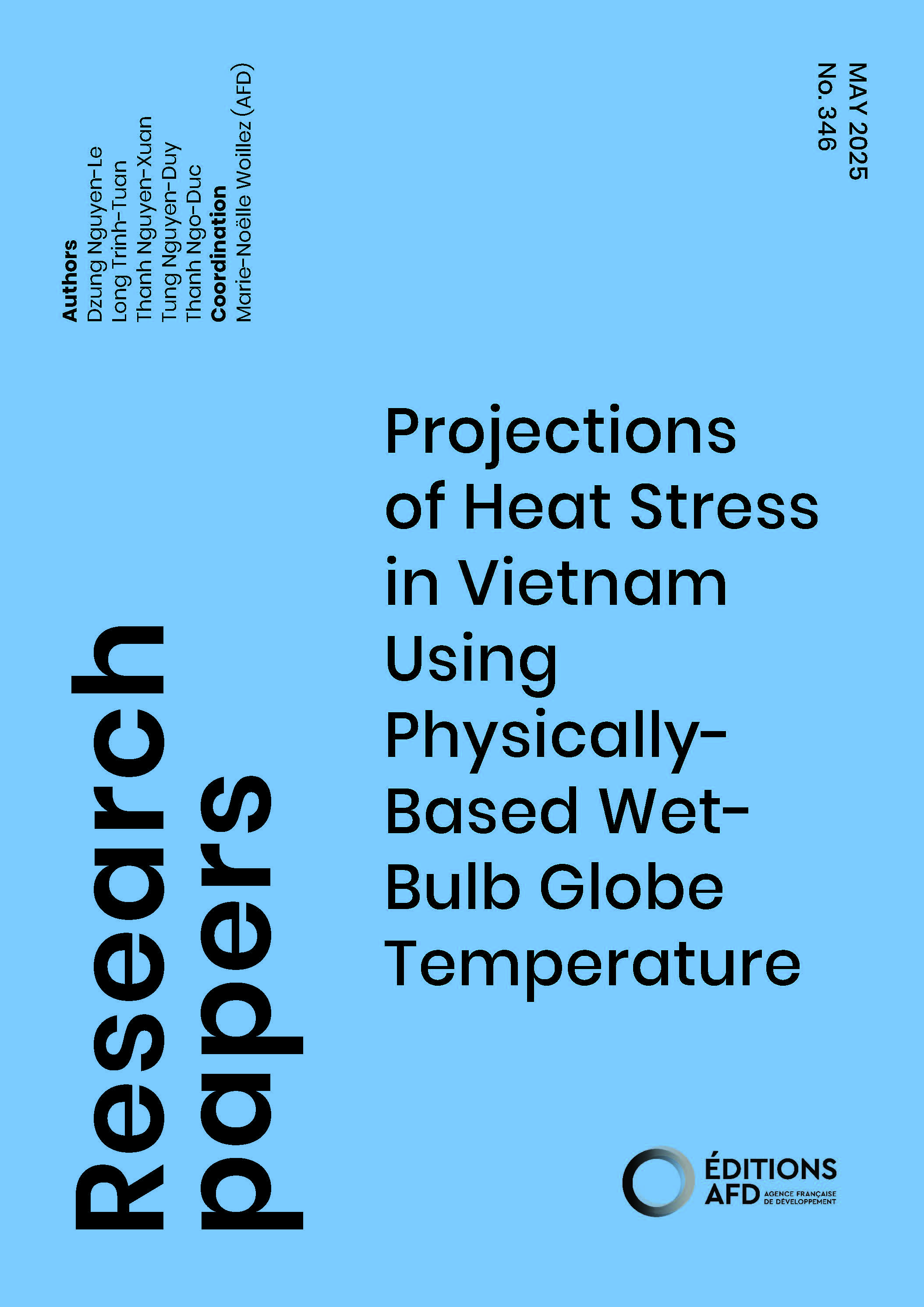Publications and media
Impact of Meteorological Factors and Extreme Weather Events on PM2.5 Pollution in Vietnam
This study examines how meteorological factors and extreme weather influence PM2.5 pollution across six socio-economic regions in Vietnam from 2012 to 2020. Univariate and multivariate analyses, incl...
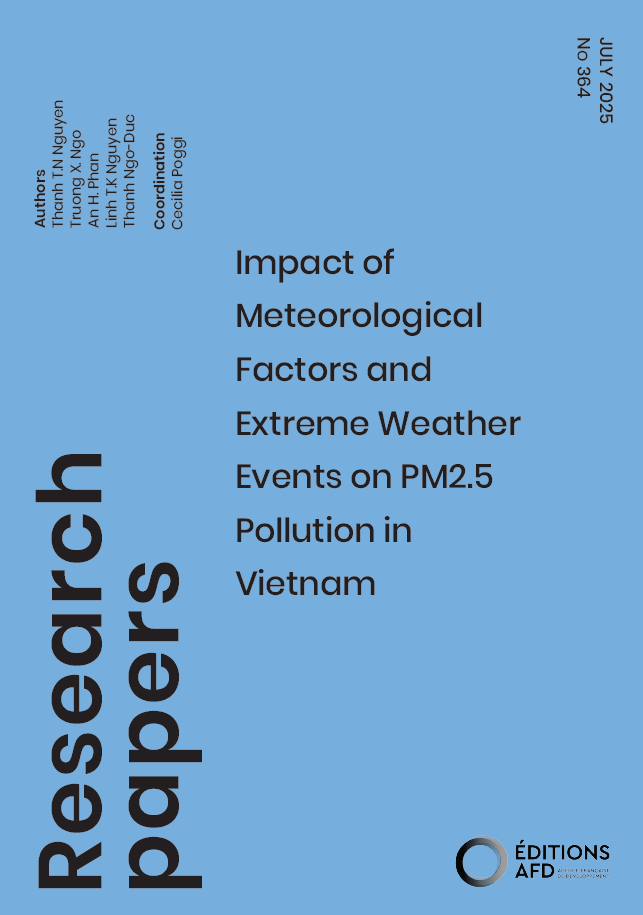
The Impact of Extreme Temperatures and Air Pollution on Labor Supply and Earnings: Evidence from Vietnam
This study examines the impact of extreme temperatures and air pollution on employment in Vietnam. While we do not find significant effects of extreme temperatures or air pollution on labor force part...
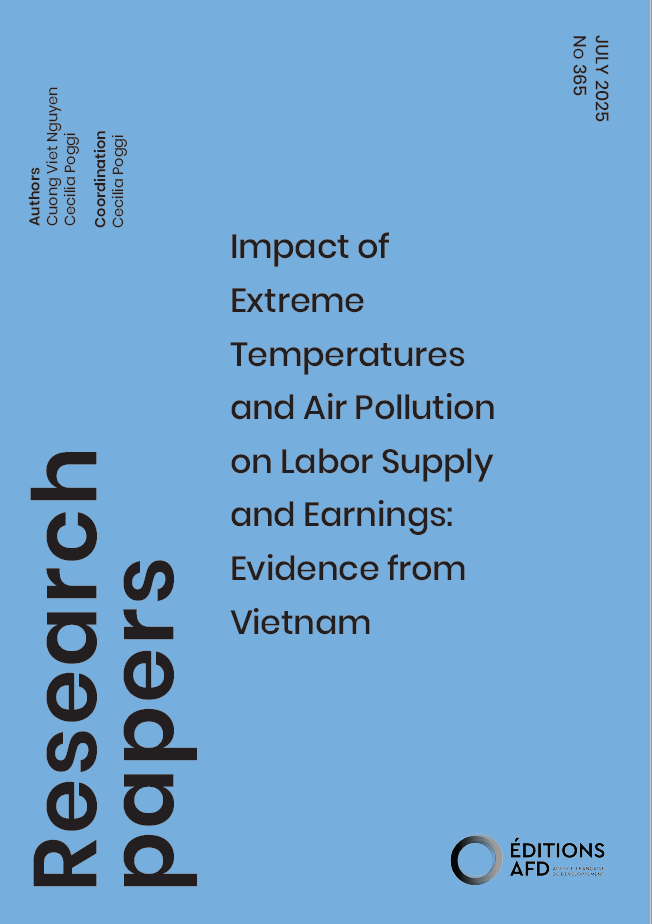
A Case Study of Occupational Safety and Health in Vietnam’s ICT Manufacturing SMEs
Based on an extensive desk review, and key informant interviews with a range of stakeholders, this background article explores the occupational safety and health (OSH) implementation in the Informatio...
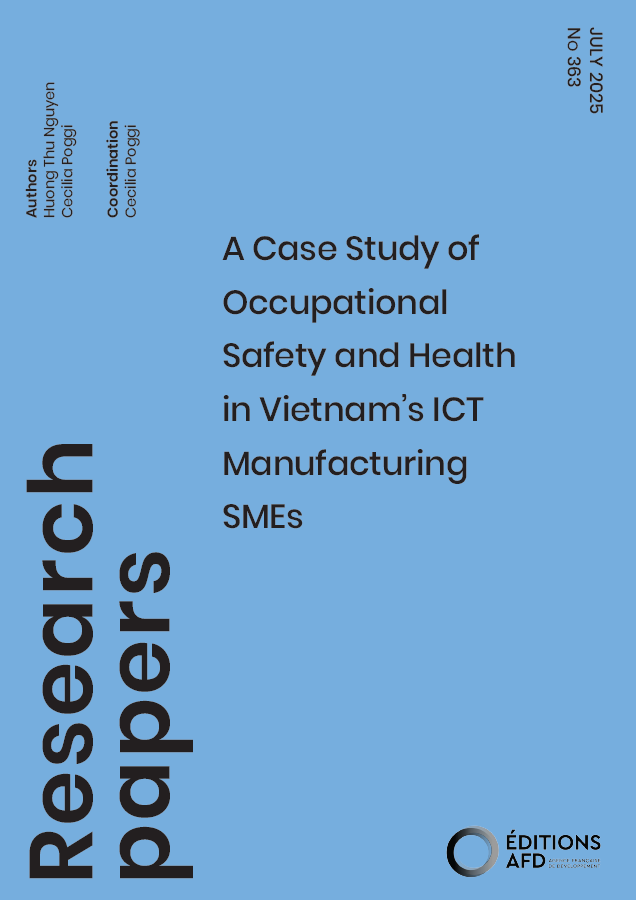
Payment for Forest Environmental Services and Household Energy Consumption Trajectory: The case of Lam Dong Pr...
This research examines the impact of the Payment for Forest Environmental Services (PFES) program in Viet Nam on household income and its interaction with energy consumption behavior. A mixed-method a...
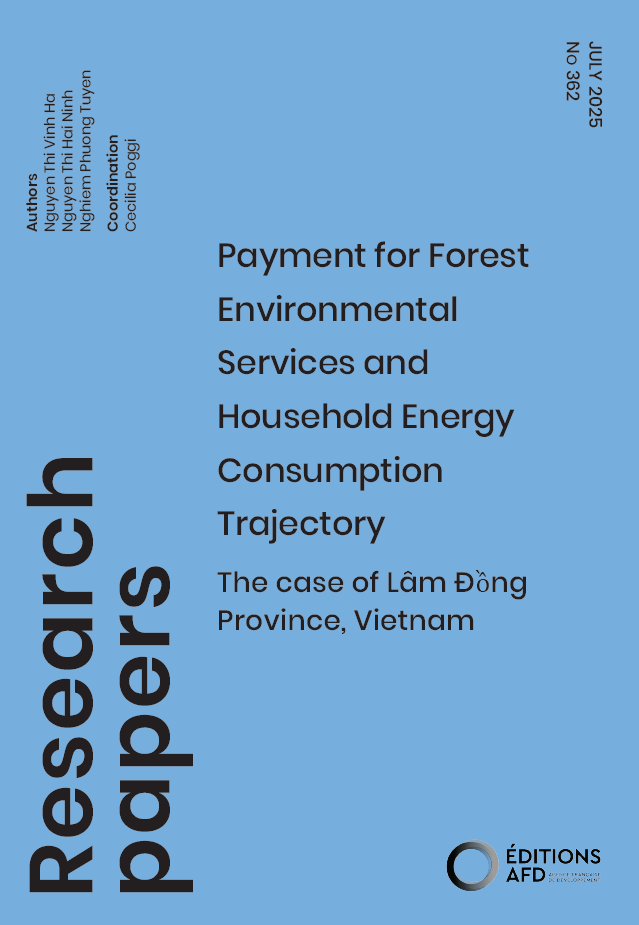
Reassessing the Role of Special Economic Zones in Africa
This study evaluates the role of Special Economic Zones (SEZs) in Africa using newly compiled datasets covering over 230 zones across 43 countries. It examines SEZ impacts on export diversification, t...

Assessing economic exposure to nature-related risks
The accelerated degradation of biodiversity exposes economic and financial activities to systemic risks comparable to those associated with climate change. We propose a method for assessing the socio-...

Coastal land subsidence in West Africa: an overlooked threat? The case of Lagos and the Volta Delta
Lagos and the Ghana’s Volta Delta face significant downward vertical land motion, a phenomenon called land subsidence, compounding sea-level rise. Several stressors drive subsidence rates of several m...

Changes in Temperature and Rainfall Extremes in Vietnam under Progressive Global Warming Levels from 1.5ºC t...
This study analyzes projected climate extremes in Vietnam using 33 statistically downscaled CMIP6 models across global warming levels (GWLs) from 1.5°C to 4°C. Results reveal significant regional chan...

A Guideline to Using Administrative Data
South Africa is undergoing the early stages of an energy transition away from coal. A planned transition requires social protection policy interventions to mitigate potential negative employment impac...

Leveraging International Trade for the Ecological Transition: Quantifying the Drivers of Planetary Boundaries
Using a multi-regional input-output database, we calculate environmental footprints embodied in trade relations related to the different planetary boundaries for different countries and economic activ...

Opportunities to address inequality in transition
South Africa has high levels of persistent, structural inequality. Social ownership has remerged in recent years as an opportunity to address inequality, particularly in the context of the just transi...

Can social inclusion benefit ecosystems?
With 17,500 islands and 54,000 km of coastline, Indonesia is heavily dependent on its marine ecosystems. However, these areas are currently under strain due to significant demographic, economic, and e...
How Can Ecuador’s Peanut Value Chain Be Strengthened? Challenges, Opportunities, and Pathways for Sustainable...
The peanut is a traditional crop in Ecuador, characterized by its quality and variety diversity. However, its development and exploitation have been limited, largely due to its primarily family-based...
Semestrial panorama 2025#2 - Wayfinding in troubled waters
By their scale and volatility, and even if their application has been temporarily limited, the Trump administration's announcements have begun to destabilize the global economy. Indeed, in addition to...

Cuba: a succession of economic and financial crises amid the weakening of the Cuban model
Cuba’s economic model, characterized by low productivity and a lack of diversification, is no longer sustainable. The country is facing an economic, social, and energy crisis that rivals the aftermath...
Extreme heat events in Vietnam must be studied more extensively to develop efficient adaptation policies.
Climate change drives increased extreme heat events worldwide and Vietnam is no exception to this. Exposure to very high temperatures can have serious consequences on health and work capacity, which c...
Beyond "dichotomania"
The invention of the categories of “developed” and “developing” in the mid-20th century created a representation of the world whose impact has been nothing short of extraordinary. So much so tha...
Why is ocean acidification a major political issue?
Ocean acidification, caused by the absorption of carbon dioxide emitted by human activities, is one of the most worrying challenges of climate change. It threatens marine ecosystems, in particular cor...
Published on
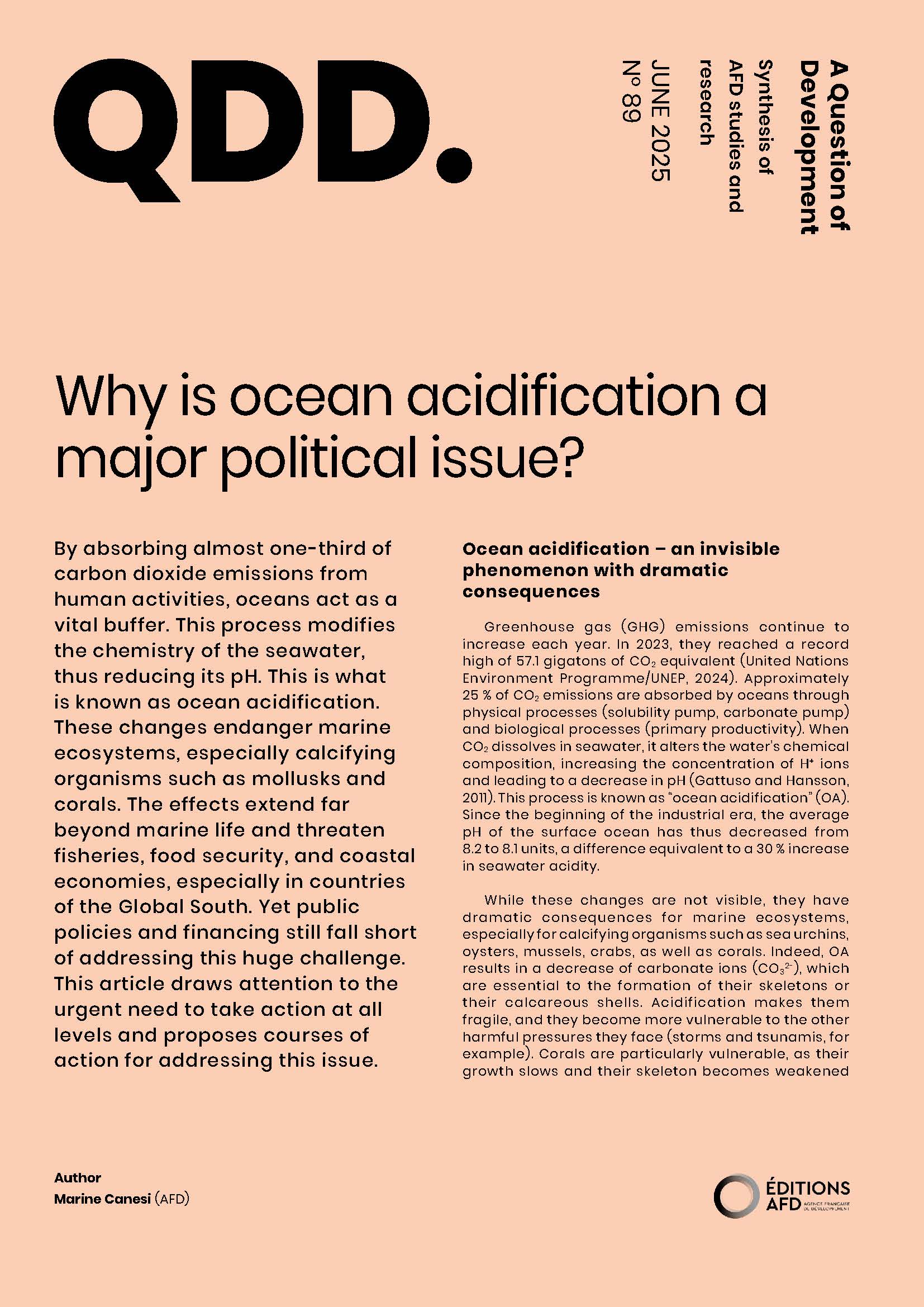
How can nature support resilience planning and climate action in cities?
This policy brief provides feedback on a new rapid approach to identifying (i) climate and natural risks, (ii) potential nature-based solutions (NbS) to address those risks, and (iii) strategies to im...
Published on
Sustainability-Linked Bonds and Credit Enhancement: New Approaches for PDB Financing
The investments needed to achieve the Sustainable Development Goals particularly in emerging markets and developing economies, require the mobilization of more available capital. Public development ba...
Published on
Projections of Heat Stress in Vietnam Using Physically-Based Wet-Bulb Globe Temperature
The wet-bulb globe temperature (WBGT) is a widely used index for assessing heat stress. However, many studies on heat stress under climate change rely on simplified WBGT calculations, which may introd...
Published on
